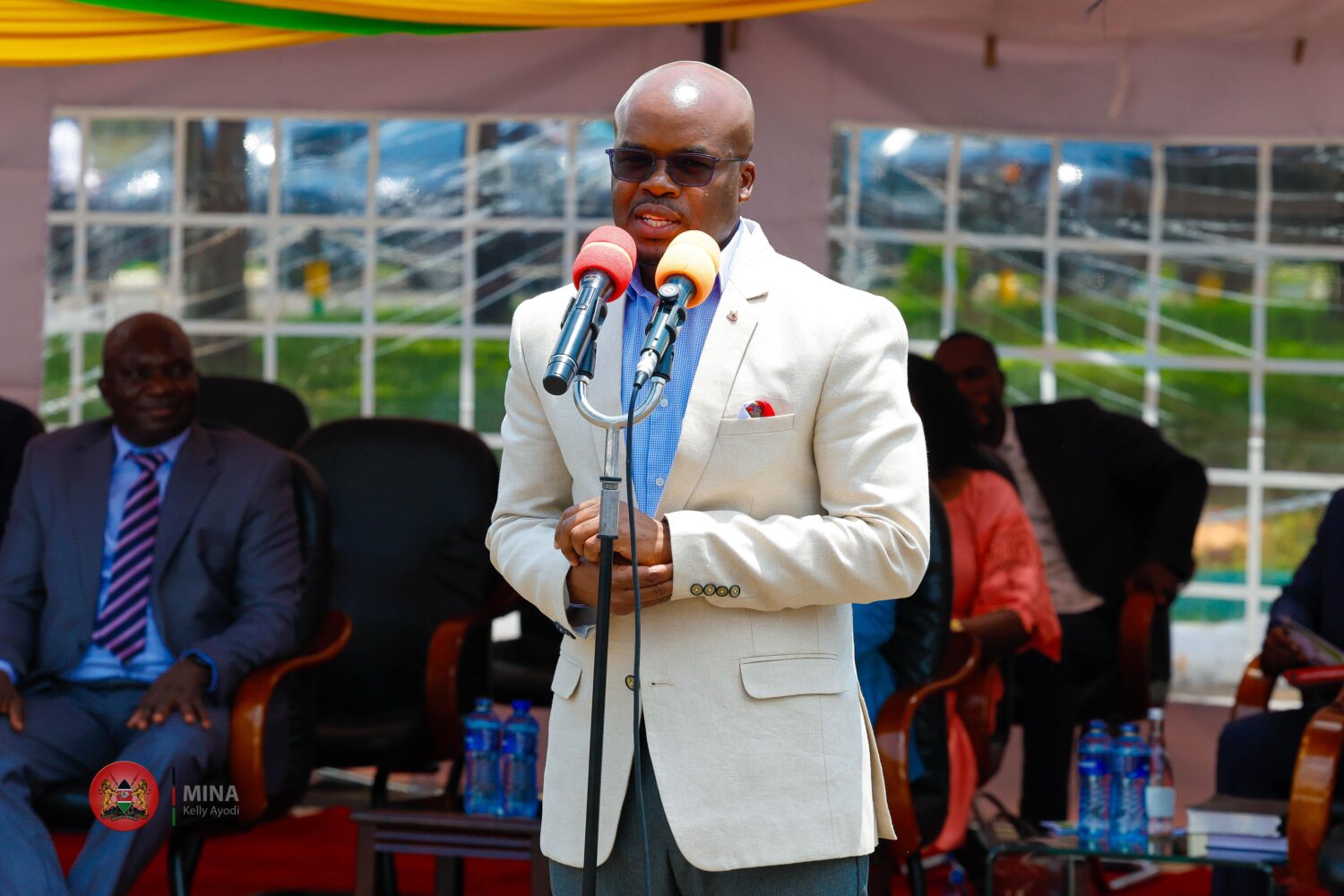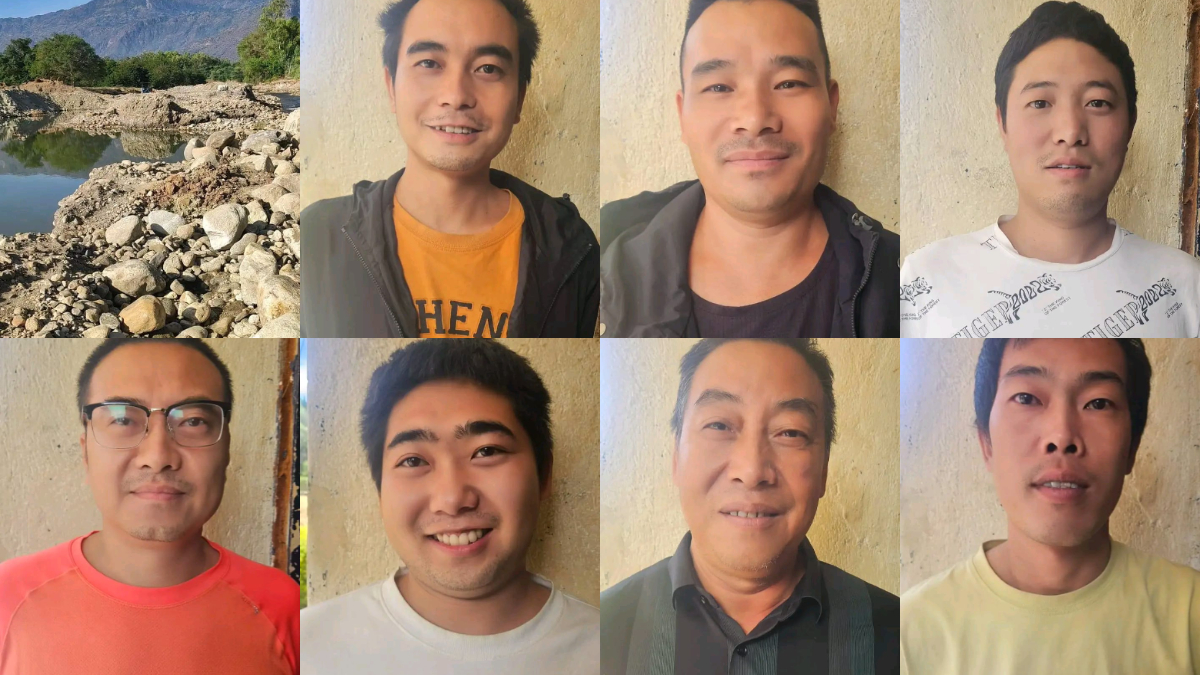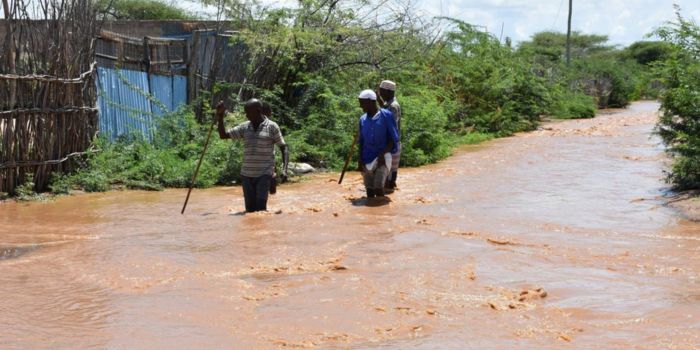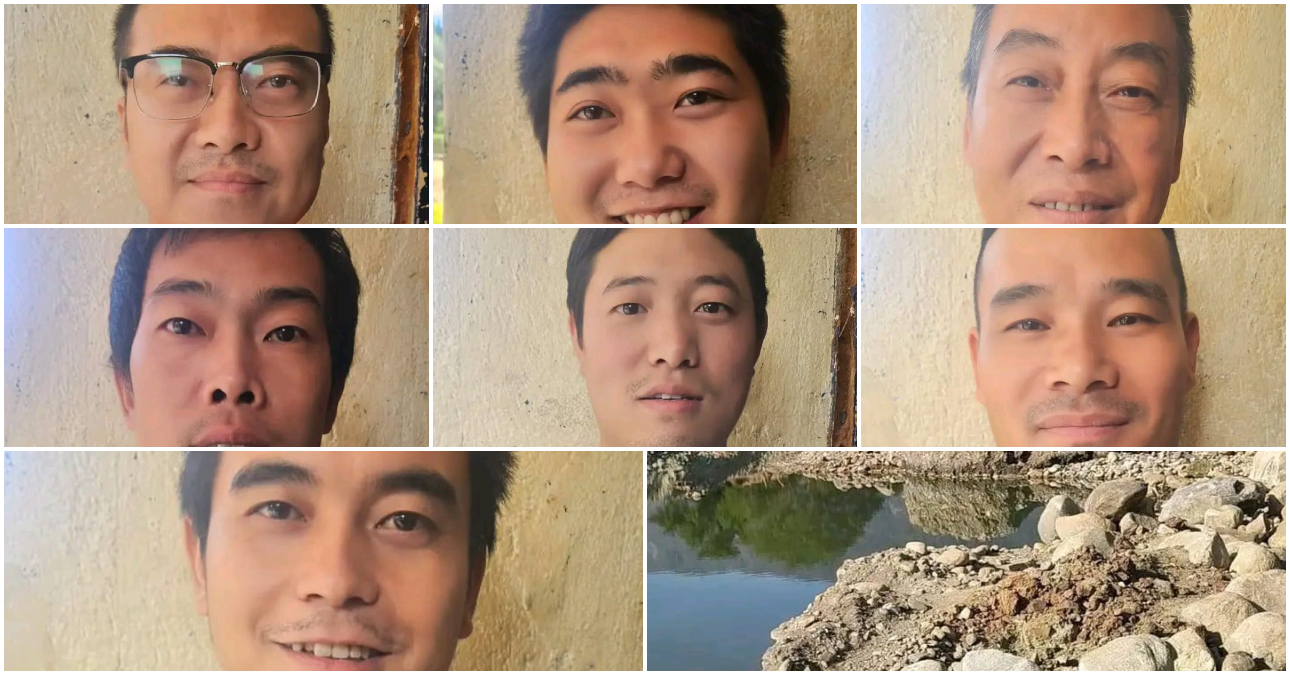450 kilometers from the Kenyan capital Nairobi and 195 kilometers from the Ugandan capital Kampala lies Busia town, the capital of Busia County in Western Kenya.
It shares borders with Eastern Uganda, spanning approximately 1,695 square kilometers and hosting a diverse population historically composed of indigenous Luhya (Samia, Banyala, Khayo, and the Marachi) and Teso communities.
Busia County thrives on fishing and agriculture, with trade and cross-border interactions with Uganda contributing significantly to its economic vibrancy.

In the recent past, Busia County has witnessed social and economic changes – the era of devolution having largely orchestrated these changes. Despite the changes, Busia is synonymous with all the bad things that an average human being can mention.
Busia faces challenges such as school dropouts, teenage pregnancies, rampant poverty, poor infrastructure, security concerns, HIV/AIDS prevalence, and inadequate healthcare facilities like the struggling Busia Referral Hospital.
Yet it is noted for having one of the most promiscuous populations, its women ranking third among the 47 counties, only second to Murang’a and Kericho, according to the 2022 Kenya Demographic and Health Survey by the Kenya National Bureau of Statistics (KNBS).

Amidst these challenges, a literary revolution is quietly taking place in Busia, a town nestled between rolling hills and surrounded by lush greenery. The literary scene is evolving with the emergence of young and vibrant authors who call Busia home.
Among these newcomers are budding authors with dreams as big as the hills that surrounded them. Eager to share their stories and unique perspectives, they set out to breathe new life into Busia’s literary scene.
One standout author is J.B. Omukangala, whose debut novel, “Torn Between,” delves into the multicultural narratives of the Luhya, Ameru, and Maa communities, resonating deeply with the townsfolk.

“There’s no pleasure in this world for a sane man than getting rich with the same woman he suffered with, in poverty,” J.B. Omukangala writes in the novel.
The young man from the petite village of Muyafwa on the border of Samia and Bukhayo sub-counties did not stop there – to his literary works, he added The Midnight Sun, A Marriage of Dolls, Veiled Secrets, More Than Meets the Eye, Campus Diaries, The Samaritan Study Notes, The Village Well, and Fathers of Nations Study Notes.
In a conversation with him, he shares his insights on his three-year journey in the writing industry and emphasizes the importance of literature in preserving culture and traditions. In his words, Africans have to tell their own stories in a way that only them, can.

“Fruits get their nutrients and sweetness from the roots. Without roots, we wouldn’t have leafy and green plants. Similarly, the only way generations can appreciate and value their culture and traditions is by learning from their parents and grandparents. Appreciating their roots in their day-to-day activities. Literature is a vital tool that can be used to bridge the gap between generations,” Omukangala shares.
His success has paved the way for others to share their stories, and Busia is steadily becoming a hub for creative expression. Mitchel Juma Oundo is another young author who has given readers a chance to dissect the latest works of Busia’s budding wordsmiths.
Launching his debut novel ‘The Beginning of an End’ in December 2023 at Samia Resort in Funyula, Busia, this event marked another significant moment in Busia’s literary renaissance.
“Writing gives one a voice, a bold voice to tell what’s happening in our society. As a young writer, am a bridge between several generations, from the stories my grandfathers got from their fathers, our history can be passed to the upcoming generations in a way they can easily understand even though some things, animals, words, have become extinct,” he says.

Sharon Obanda is another writer from this border county and since making her debut in 2019, she has seven books to her name including Bega la Wokovu, Mapenzi ya Ahadi na Hadithi Nyingine, Zuri Jijiji, Ajira ya Kifo na Hadithi Nyingine, and Ni Sawa Tu! Na Hadithi Nyingine.
She shares the downside of the trade stating: “The challenge is that people do not buy books. Our children and parents don’t embrace the reading culture thus difficult to convince someone to buy a book.”

She suggests that support from organizations or well-wishers, perhaps through donating books to schools, could help address this issue.
Benna Majimbo, who writes in Swahili like Obanda, started writing while still a second-year student at Moi University. She has several literature works to her name among them Harufu ya Jehanamu and Bakora ya Ushirikina.
Apart from the challenges voiced by Obanda, Majimbo also shares, “The cost of publishing books has gone up. You find a person who has the urge to read but has no money to buy the book.”

ALSO READ: OPINION: Let us give Joseph Okumu his flowers
Despite these challenges, the cultural vibrancy brought about by these young authors has revitalized Busia’s literary scene and fostered a sense of community spirit.
Busia, once known for its quiet life, is slowly embracing change and welcoming the artistic endeavours shaping its identity. In the end, Busia has proven that even the smallest places like Muyafwa can harbour immense creativity.
The county has transformed into a haven for dreamers and storytellers, where the hills seem to echo the joyous laughter and animated discussions of a community brought together by the power of words.
The writer is a News Editor with seven years of experience in print, broadcast, and digital media










